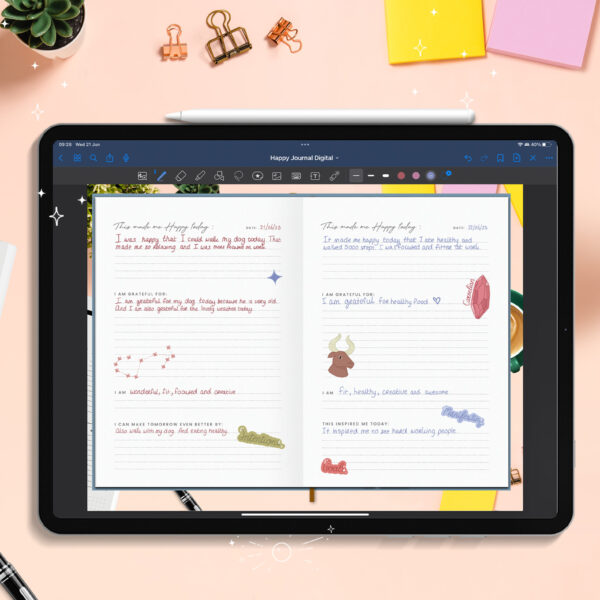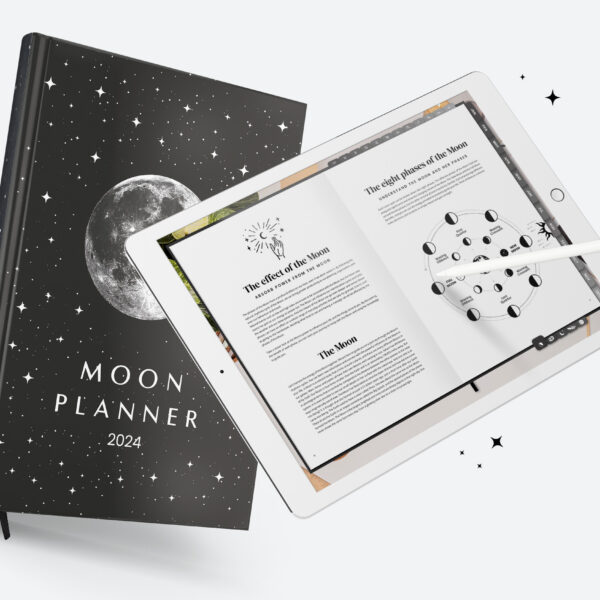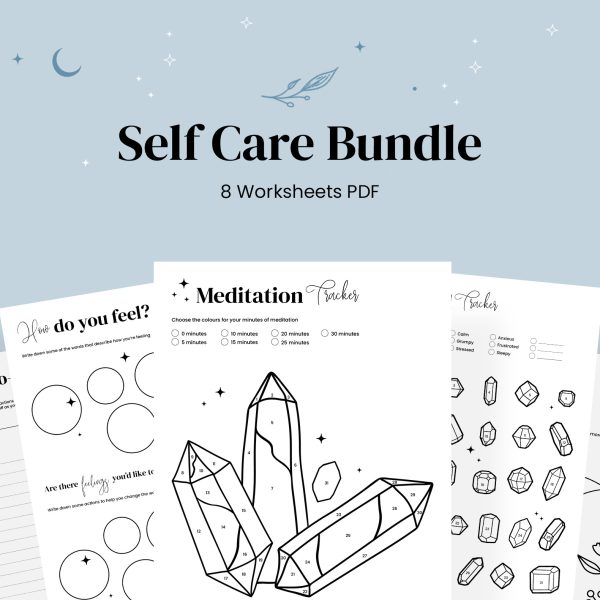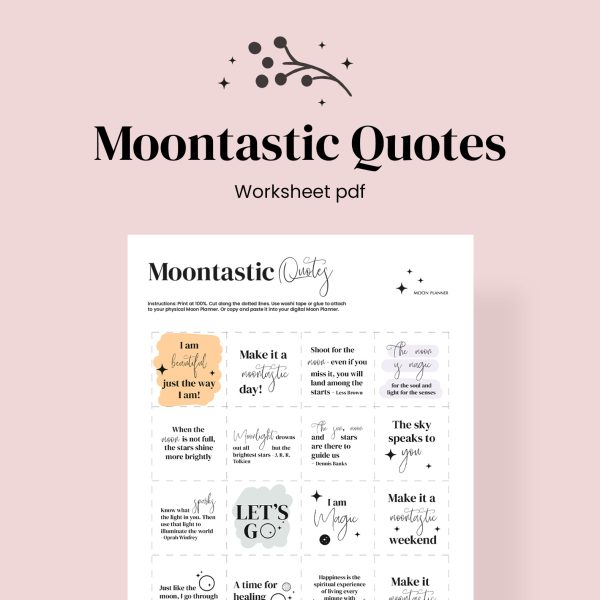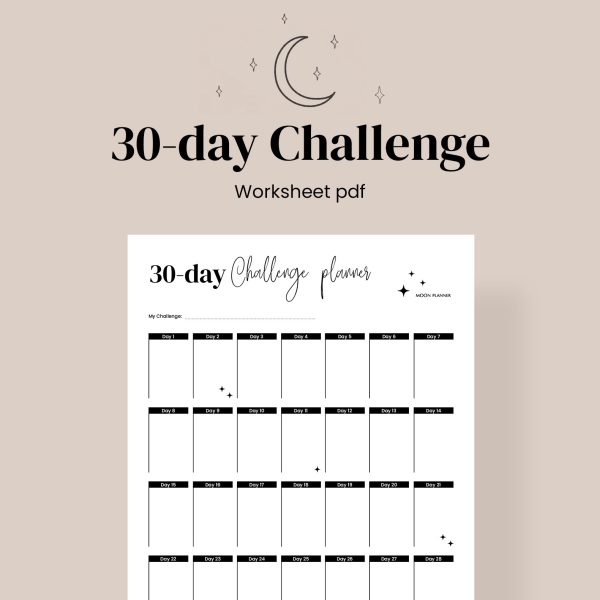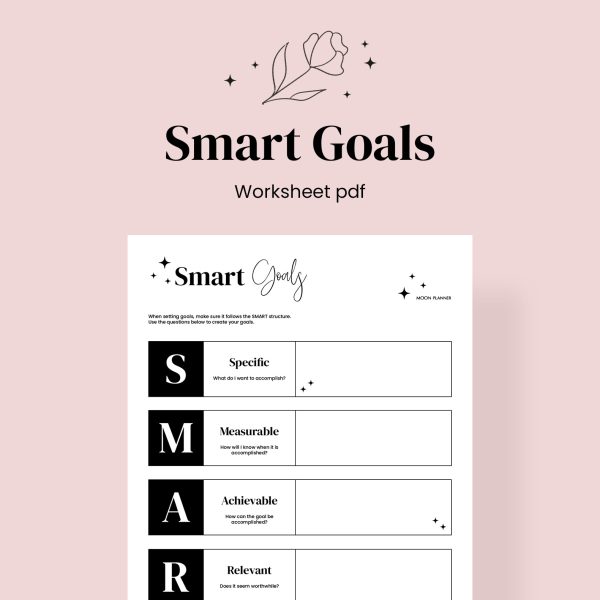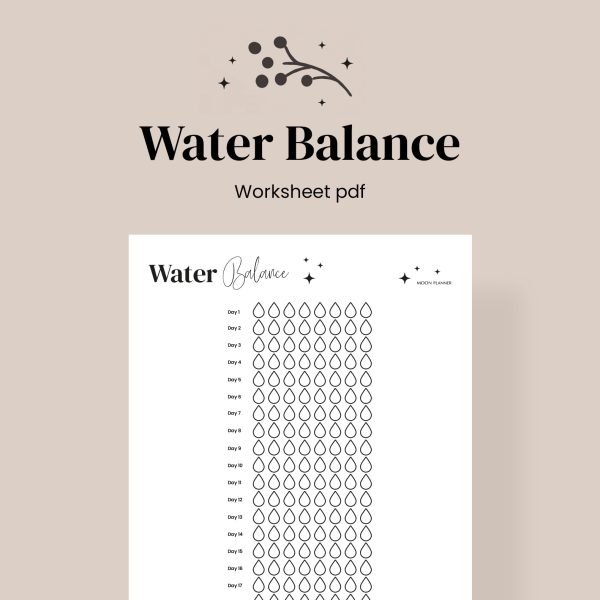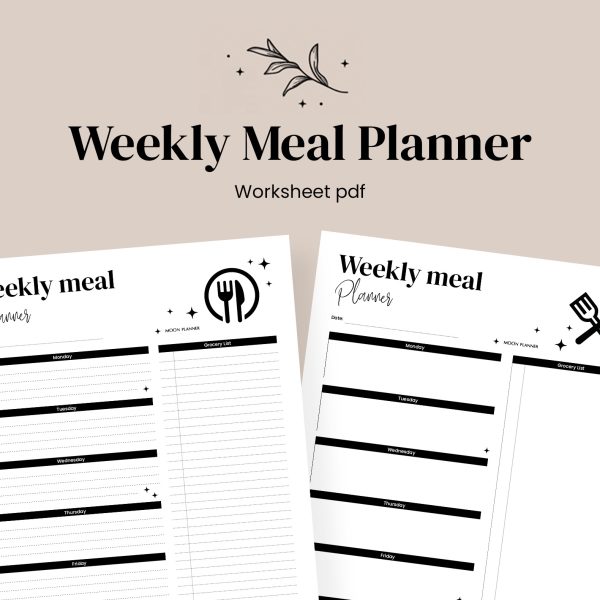
In these few steps, you’ll be a pro at planning.
Some are super good at it, others are terrible at it: planning. Planning is a super useful tool against stress, because it ensures that you have a clear overview of what you still need to do. Here is an overview of handy tips to help you become a pro at planning.
1. Write down what you have to do
This way you create an overview of all the activities you still have to do. Super handy! Not only does it create order, but it also gives you a calming feeling because now you don’t have all the “I still have to do this” thoughts running through your head.
2. Write down all deadlines
Write down not only everything that needs to be done, but also the deadlines associated with it. This way, you create an overview of what will take up a lot of time in the coming period.
3. Be realistic
Above all, do not plan your day with too many activities. Keep it realistic. How much time will one activity take and how much time will another take? Make an estimate and then carefully plan each activity with a time limit.
4. Prioritise
What needs to be done today and what can be done tomorrow? Ask yourself these questions when planning your schedule. You will notice that you feel less stressed if you finish the things that have priority first instead of the rest.
5. Plan your breaks
You cannot work all day without taking a break. Plan your break and give it a specific duration. Really use your break by, for example, taking a breath of fresh air. Don’t just sit at your desk, stretch those legs!
6. Think positive and reward yourself
If you think you are not going to finish everything, you will notice that you feel less energetic. This is when stress kicks in. Think positive and optimistic and give yourself a pep talk now and then. Plan a few moments in your schedule to do something fun. This will give you new energy to carry on afterwards.
7. Start with time management
A time management course teaches you to plan purposefully and gives you insight into knowing what you really want to do. If making effective plans does not work for you, a course is a good solution in this respect.
8. Adjust your planning in between
Notice that you are not going to finish certain things? Adjust your planning and move the less-priority activity to the next day. Is that day already full? Then it’s time to start puzzling. Do you start that day a little earlier or go longer?
9. Split tasks into small chunks
Sometimes something is too much to finish in one day. Then split it up! Do you have an exam to study for example? Making a summary of all the material might be a lot of work. Then split it up. Make a summary of half the material first and the rest the day after.
10. Set an alarm clock and be strict with it
To make sure your planning really works, it is useful to set an alarm clock. That way, you can be sure you don’t spend too long on a particular activity. Are you not getting something done? Then it’s time to adjust your schedule.
11. Make a weekly plan
Weekly planning gives you a clear overview of what you need to do next week. Also plan enough free time, because a normal working day lasts 8 hours, not 14. Good luck!
This article is from cosmopolitan.com
